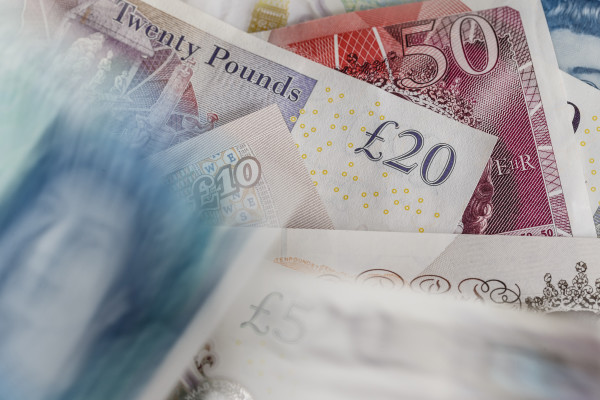

Hargreaves Lansdown has been told to pay a client £112,000 because of inaccurate information it gave him about his pension.
The man – referred to as Mr A – bought an investment property on the understanding he could access a 25 per cent tax-free cash sum from his total pension pot towards the purchase costs.
But this turned out not to be correct.
As a result he funded the purchase by withdrawing significant income payments from his self-invested personal pension.
Mr A paid income tax on these withdrawals at a higher rate than he would otherwise have done.
Following the investors complaint to the firm, Hargreaves Lansdown made an offer of settlement of £113,000 plus interest and £1,500 for distress and inconvenience.
But Mr A took the matter to the Financial Ombudsman Service.
Adrian Hudson, an ombudsman with the Fos, upheld the complaint but dismissed Mr A’s claims that the compensation shouldn’t be limited to before he bought the property.
Mr Hudson said: “It is my view that having been advised that the 25 per cent tax free cash would not be available, Mr A had a choice at that time to proceed and take a significant risk of enhanced costs or to pull out and limit his losses to the expenses incurred as at that date and the loss of his deposit.
“Mr A has informed the Financial Ombudsman Service that his loss would have come to a total of £112,000.
“In my opinion it is appropriate that the award should be restricted to this amount as Mr A could have limited his losses to at this stage.
“I do not believe it is fair or reasonable that Hargreaves Lansdown should be responsible for any further losses that may have arisen as a result of Mr A’s decision to proceed with the purchase. At that stage he had a choice to pull out.”
Mr A had previously applied for and obtained enhanced pension protection on his self-invested personal pension.
He had not separately applied for enhanced tax-free cash protection. This meant that the amount of tax-free cash that Mr A could receive was limited to 25 per cent of the lifetime allowance, which at the time in 2013 was £1.5m.
Initially this gave a lump sum of £375,000.
Mr A then withdrew amounts of tax free cash from his fund until November 2013 when he asked Hargreaves Lansdown how much tax free cash he could take from the Sipp.
Hargreaves Lansdown said Mr A could take 25 per cent as a tax free lump sum.
On the basis of this information Mr A decided to purchase an investment property and on 17 January 2014 he exchanged contracts on the flat that he had found and he paid a nonrefundable deposit.
The completion date was fixed on 29 January 2014 but on 20 January 2014 Mr A found out that he was unable to get the 25 per cent tax free cash lump sum that he was expecting from his Sipp.
damian.fantato@ft.com



